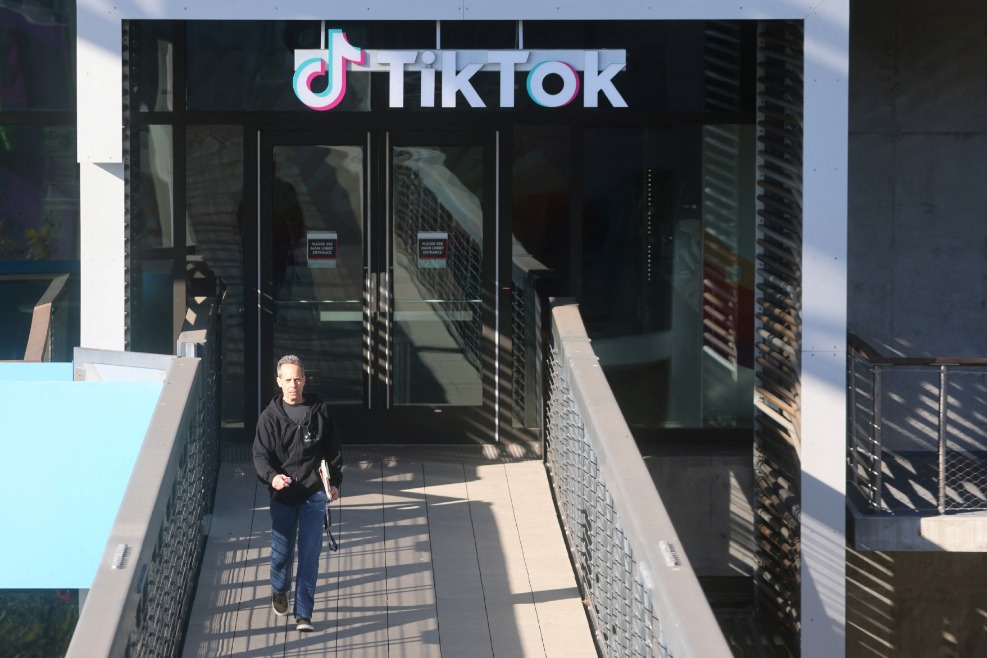AI is a 'revolution' for everyone


Artificial intelligence is being widely adopted and is playing an increasingly important role in various sectors, according to an industry insider. "AI is one of the revolutions that we all live in. It's the first time in our 4.5-billion-year history that a nonorganic thinking creature was created," Ehud Levy, managing partner at Canaan Partners Israel and venture partner at Lenovo Capital, said at the Vision China event on Tuesday.
In 2018, only 3 percent of large companies used AI. But this year, the total is expected to reach 25 percent, he said.
"The tremendous growth is mainly thanks to the development of sophisticated algorithms, the access to an enormous amount of data, the ability to store it in the cloud and to access it, as well as the availability of very powerful computational systems at very affordable costs," he said.
As a veteran investor, Levy pointed out that AI companies tend to have much higher valuations than other companies. "We also see that in our deal flow, about 90 percent are AI related," he said.
Levy said in recent years AI has been adopted by a wide number of sectors and penetrated everyone's lives.
During the COVID-19 outbreak AI played an active role in helping the world contain the epidemic.
He said one of the portfolio companies at Lenovo Capital has developed a delivery robot that has been put into use to help minimize contact between patients and medical staff.
Public health authorities have used AI to predict the spread of the disease.
They also use AI to develop vaccines and model molecular structures that could result in effective drugs to treat the coronavirus, he added.
"AI is helping deal with unprecedented situations, situations where human experience cannot help," Levy said.
However, he noted that though AI has a lot of potential, it comes with many challenges. AI training involves human input, which in many cases can be imperfect, Levy said.
"There are specific AI applications where in the real world, like job screening, insurance approval and loan approval by banks, they tend to reproduce social biases. Typically, these are related to gender and race," he said.
Another risk is putting people out of work. "Advanced AI applications, such as language processing, could replace call centers and customer care services," he said.
































